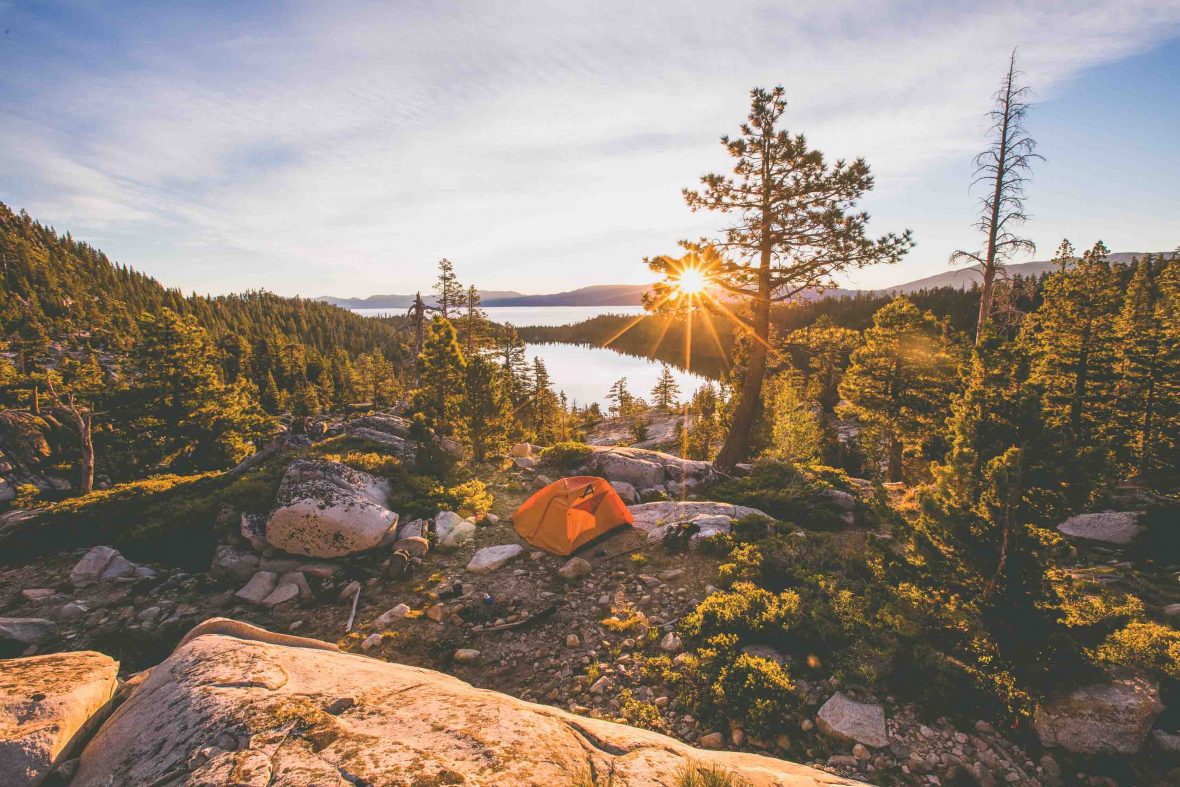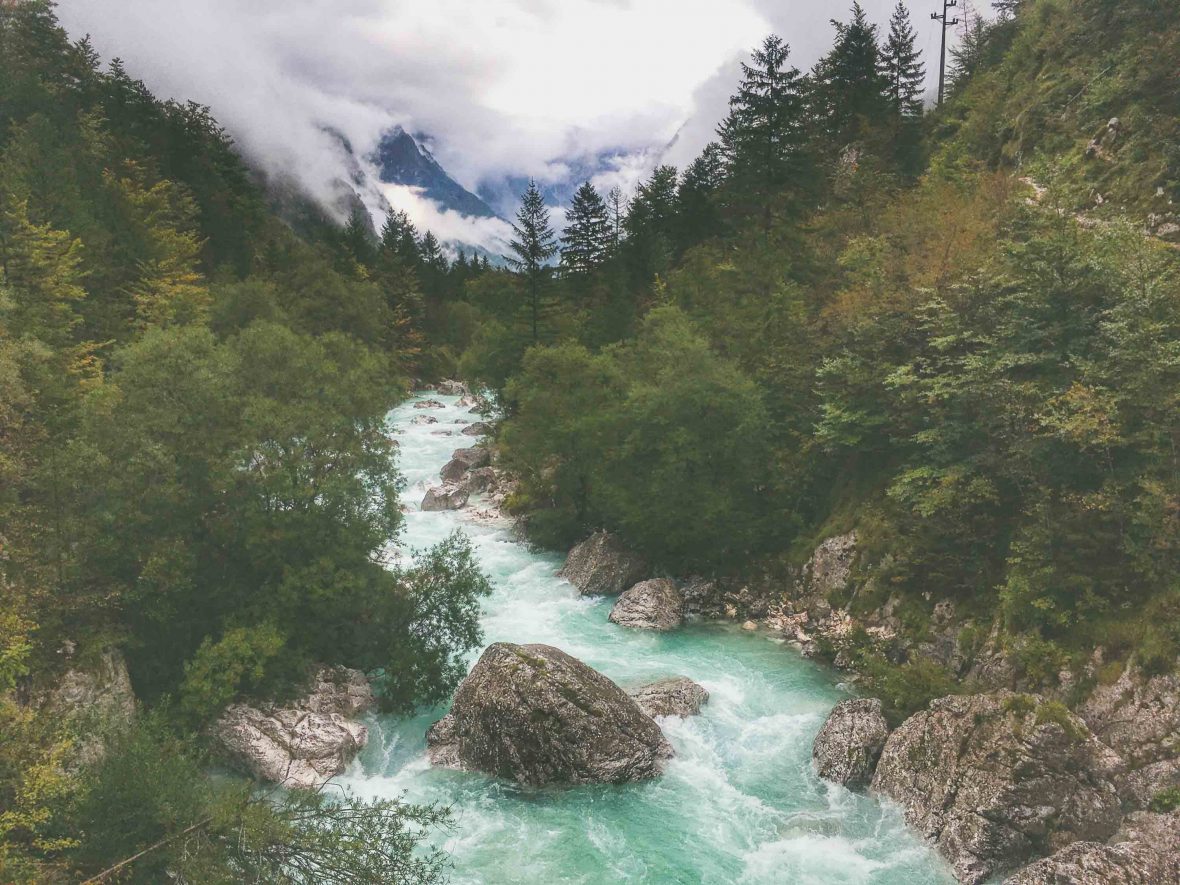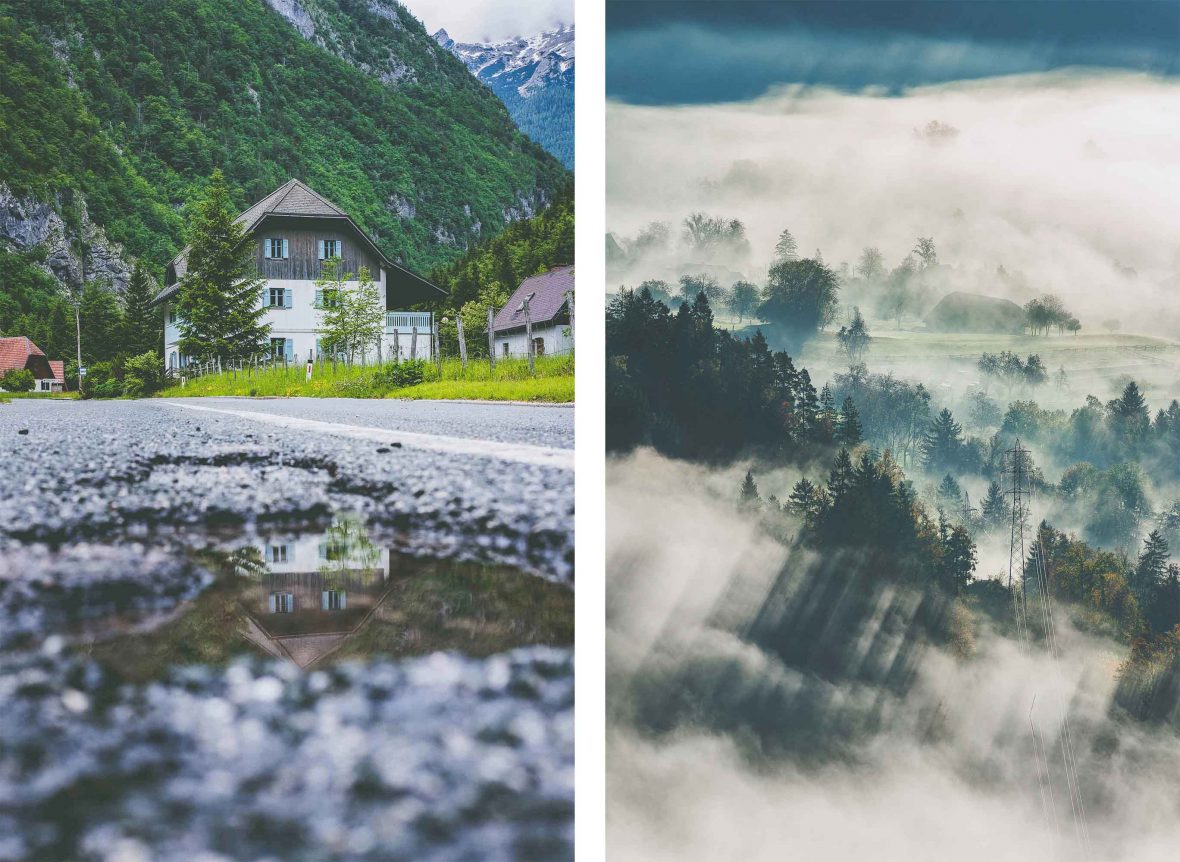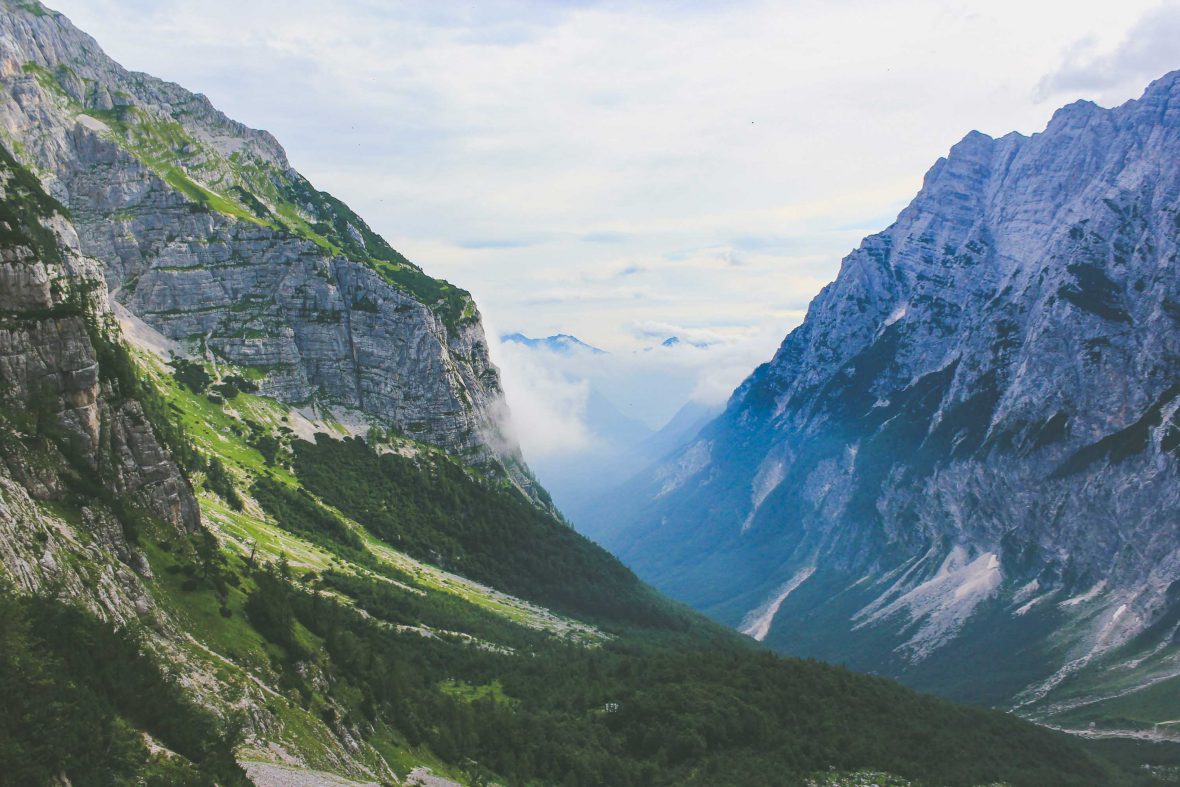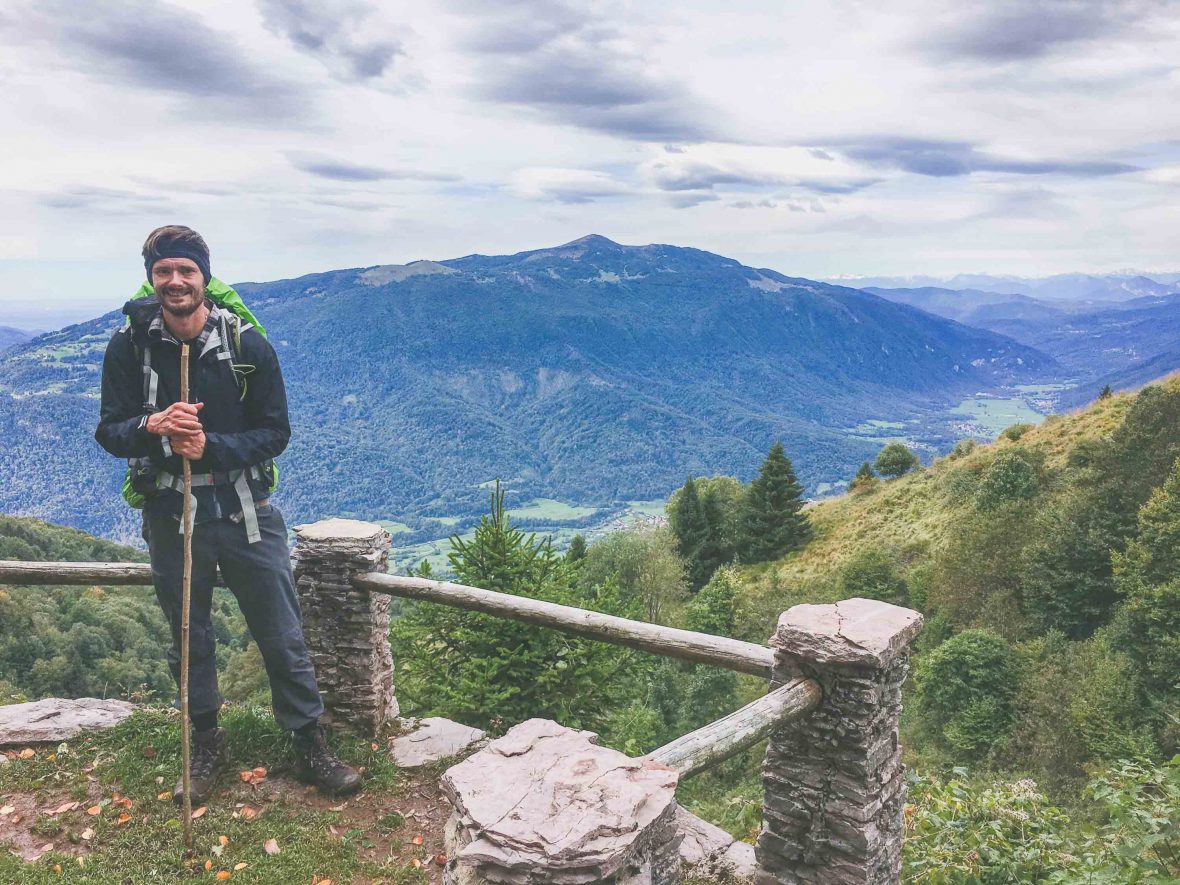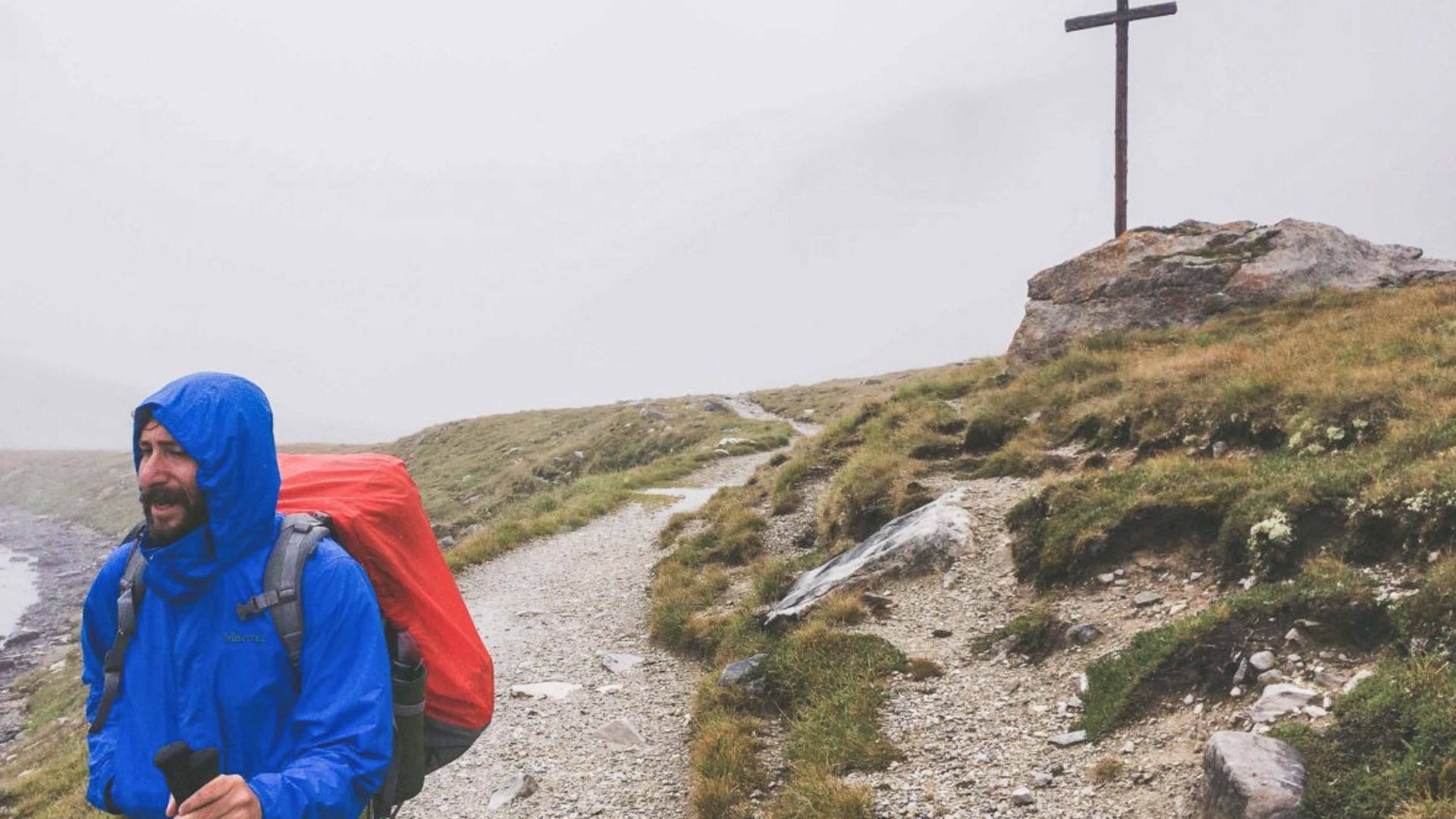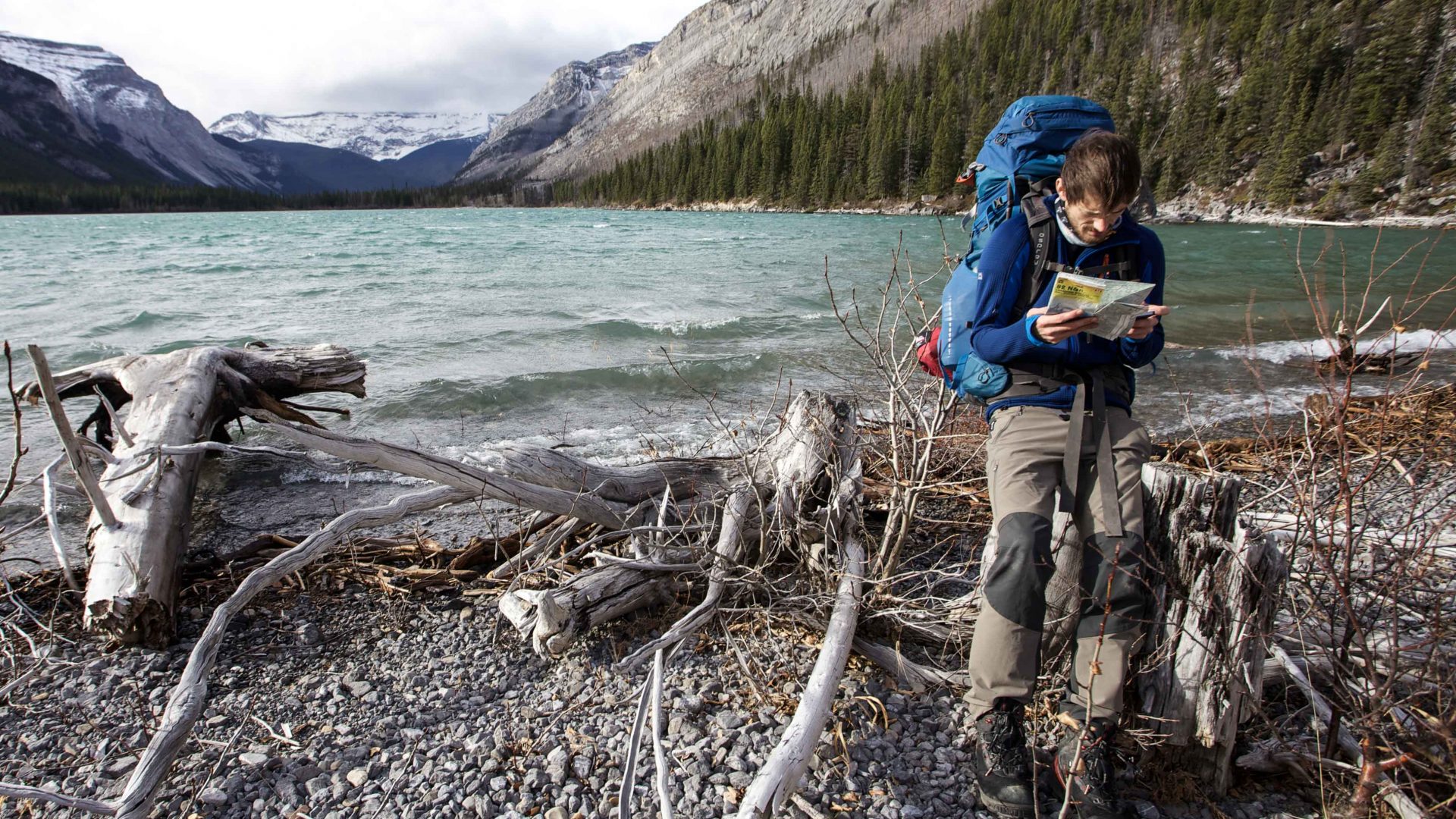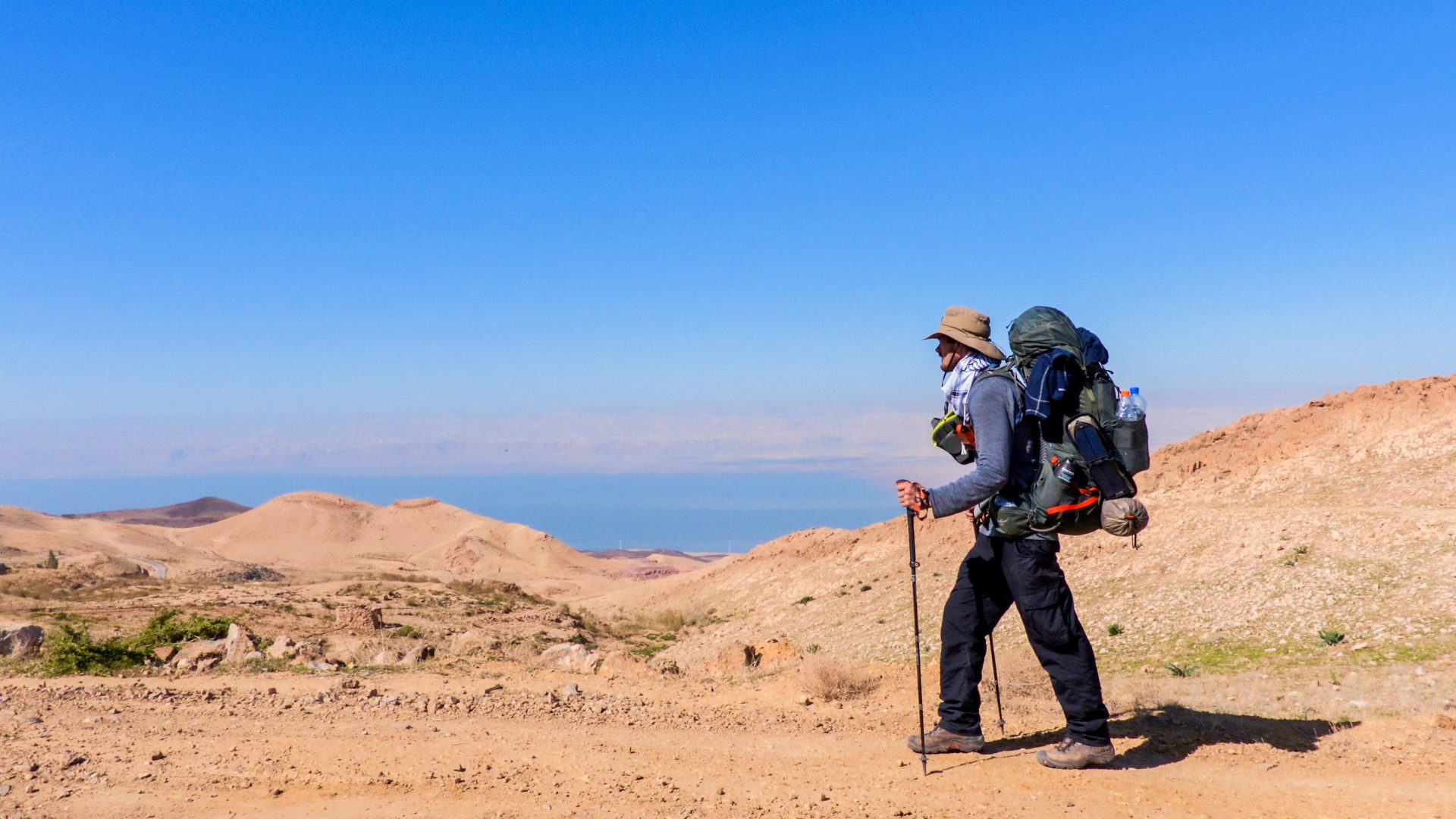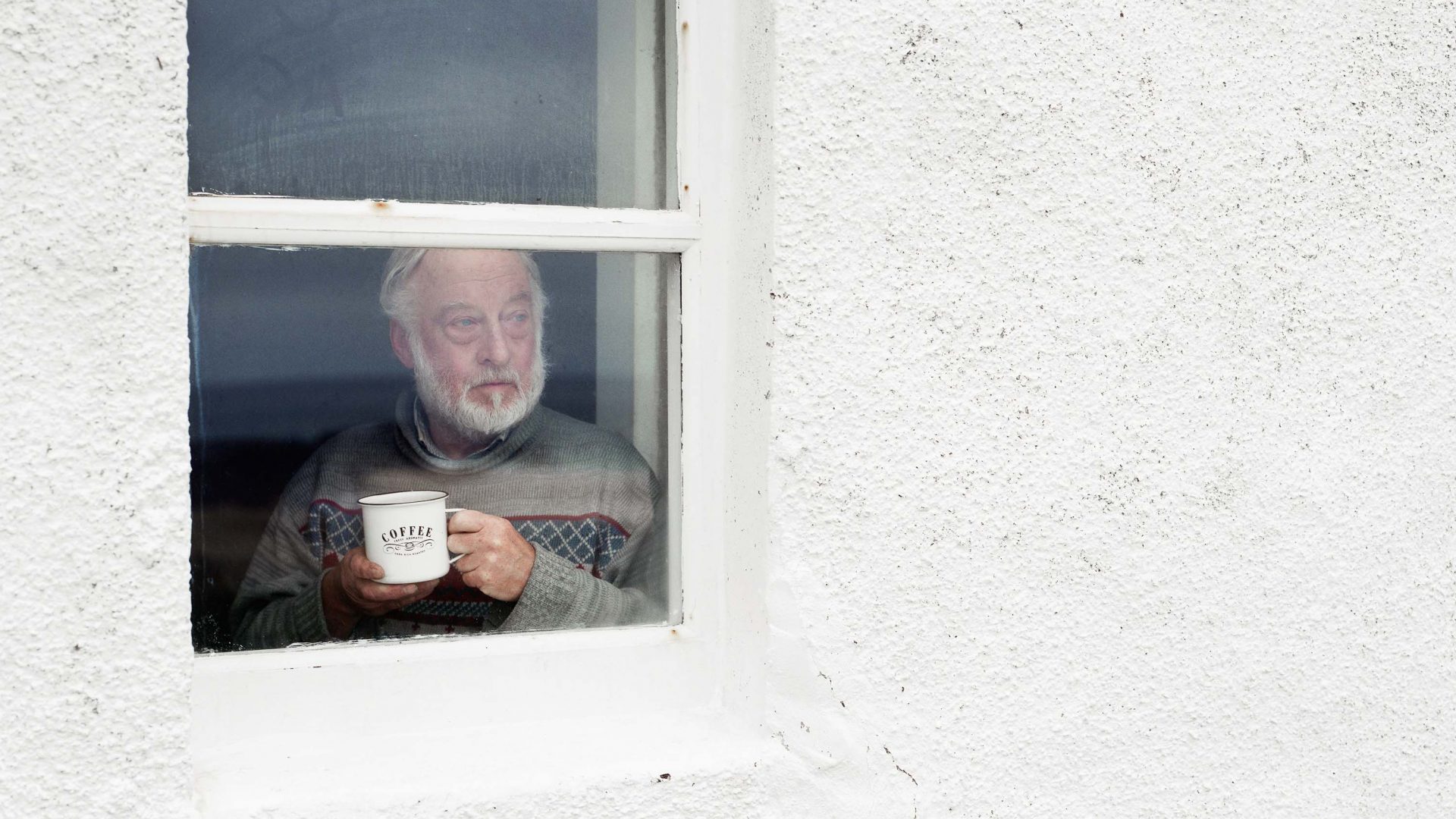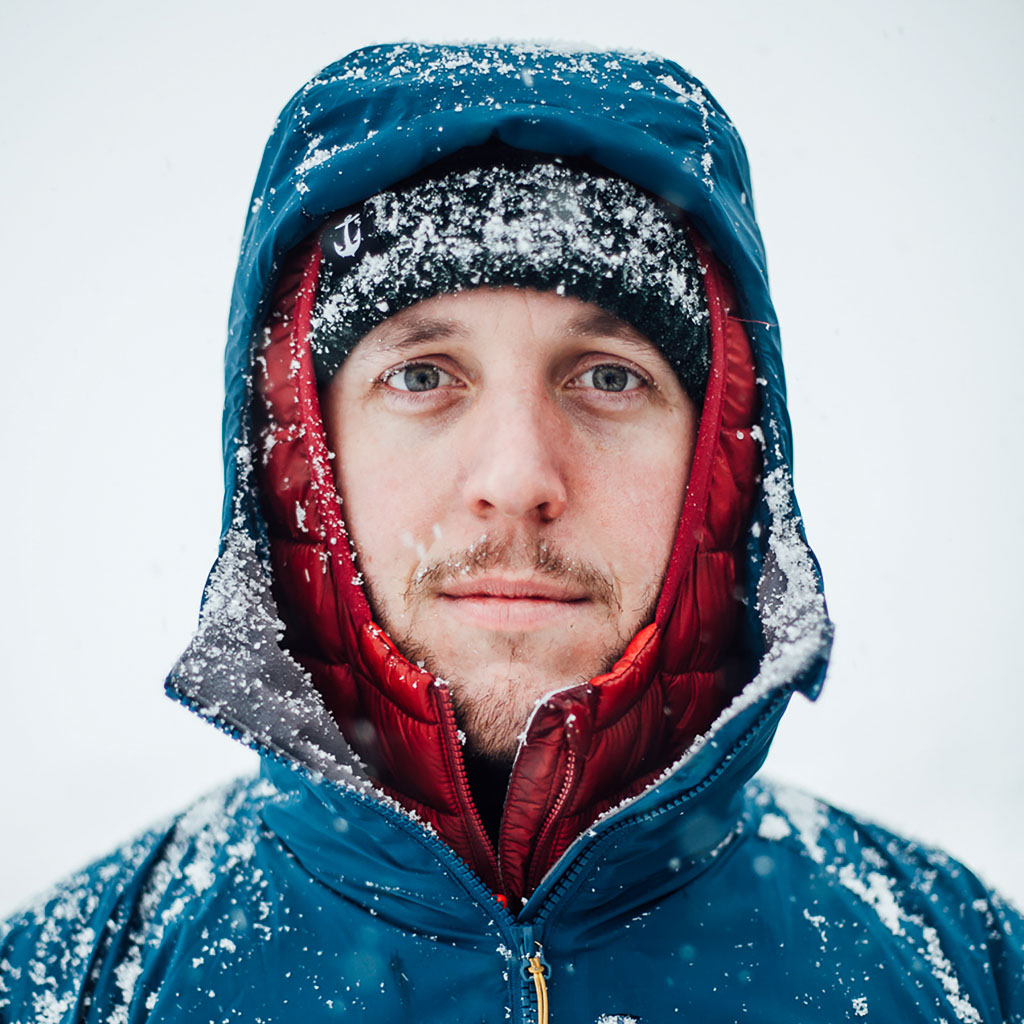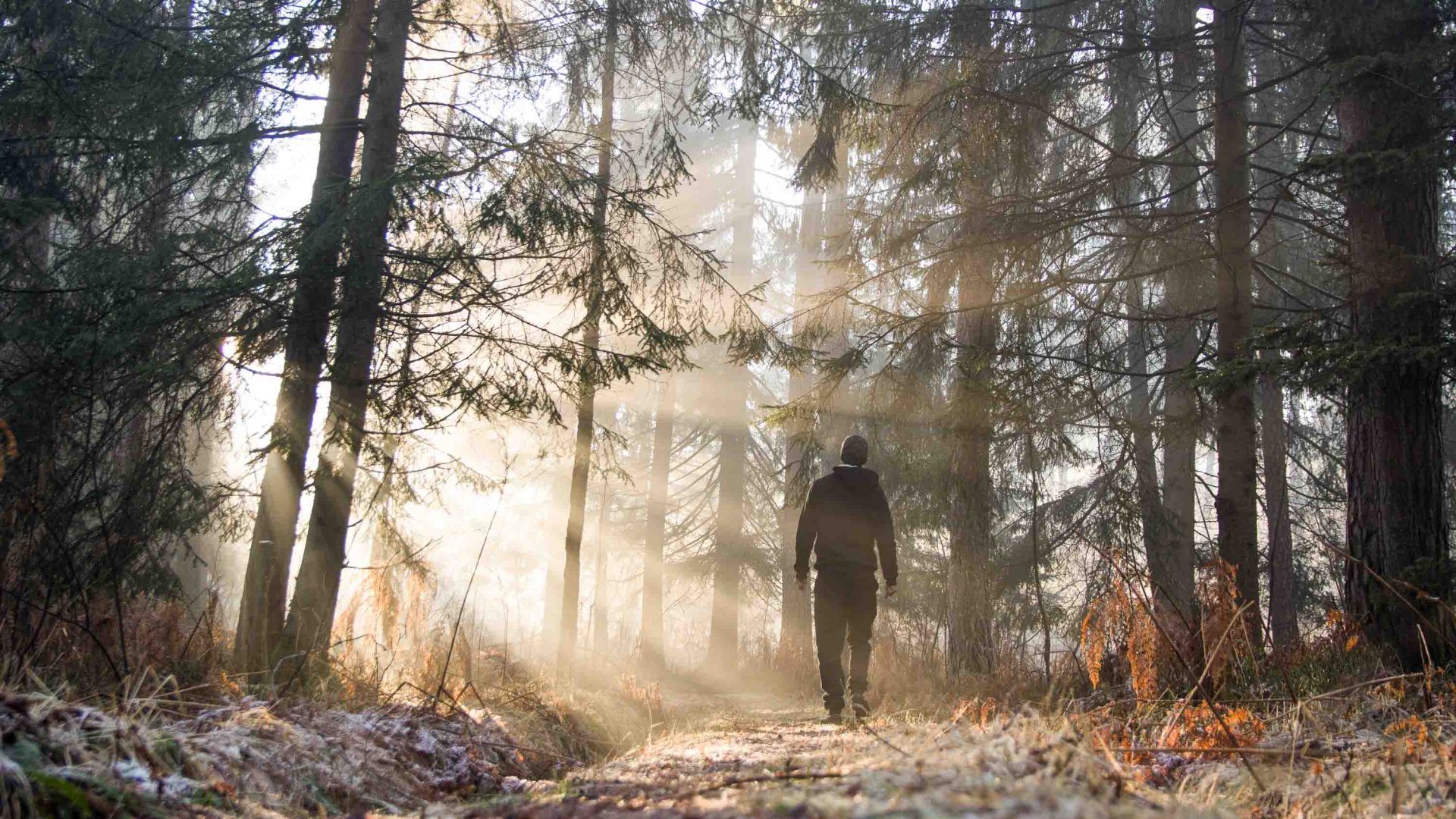
A day’s walking isn’t just about that one panoramic view; it’s all the little things and thoughts that make it unique and unrepeatable. Leon McCarron slows down and charts a day’s hike, in all its molecular detail.
Perhaps it’s the early light that wakes me, filtering in and diffracted through tent fabric. Or maybe it’s the dawn chorus that rises and falls outside, at once deafening yet so easy to miss if one isn’t listening. Both are gentle nudges into morning; tranquil, calm. I roll over, onto a large rock under my sleeping bag and swear loudly to myself.
The peace is gone.
The morning routine is second nature by now; outside to pee, back inside for coffee in the (tent) porch, granola and milk in a steel pot, raspberries on top. Then, pack my sleeping bag and camping mat, pile everything else in on top of them in the pack and finally, bring down the tent.
Mornings here are fresh. A light wind blows and the birds have stopped serenading. There’s a brief moment of assessments: Do I need sunglasses yet? Is it cold enough for a second layer? And finally: movement. I’m off, boots laced and soles on the trail. I clean my teeth as I walk. I enjoy the efficiency and minimalism of it all; I relish the ritualism. It is another day on the road.

